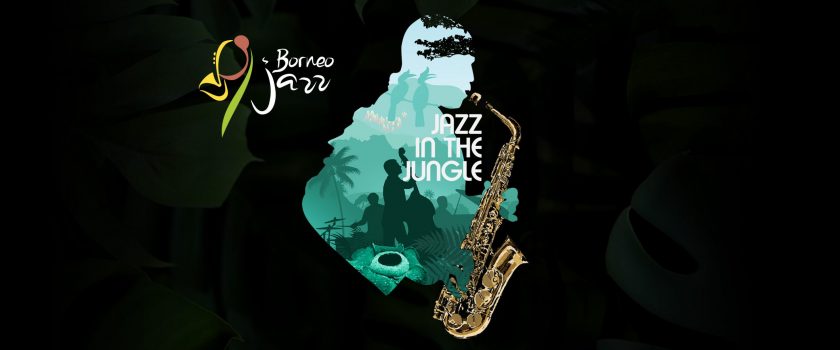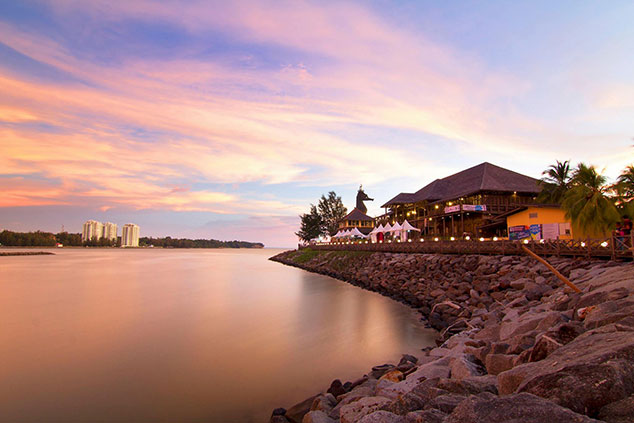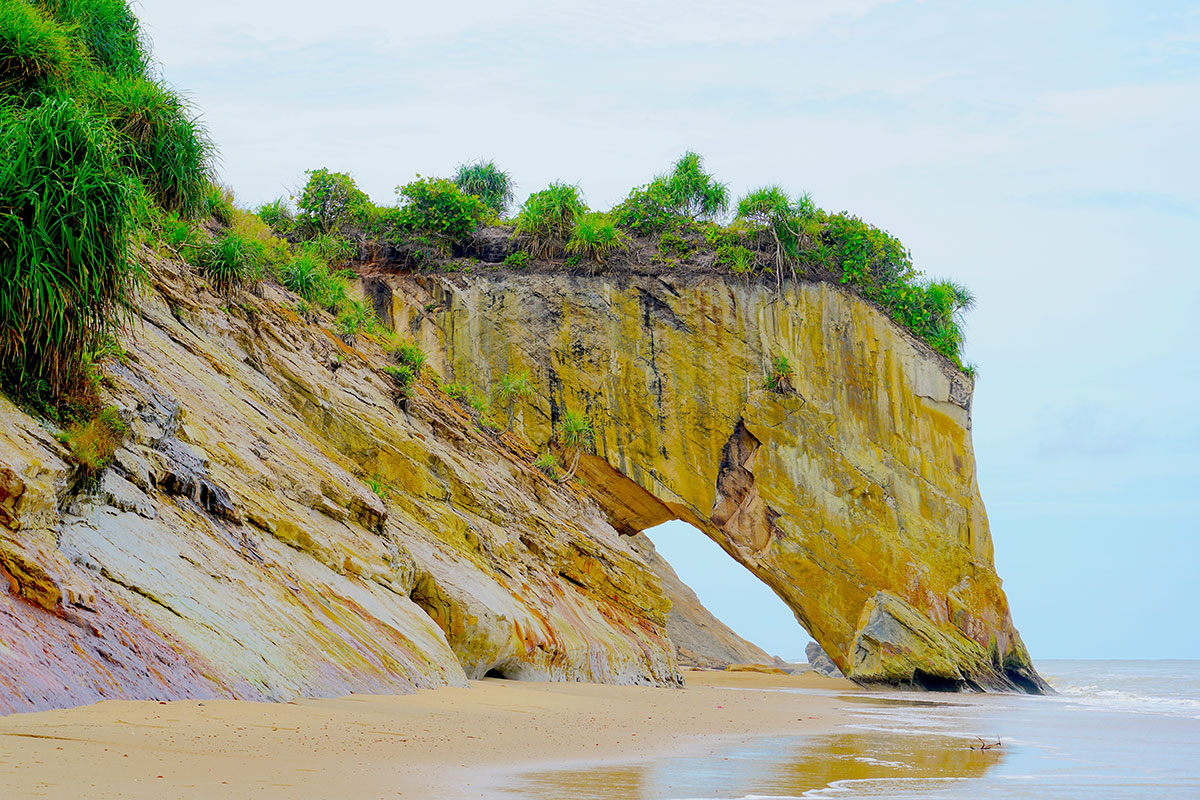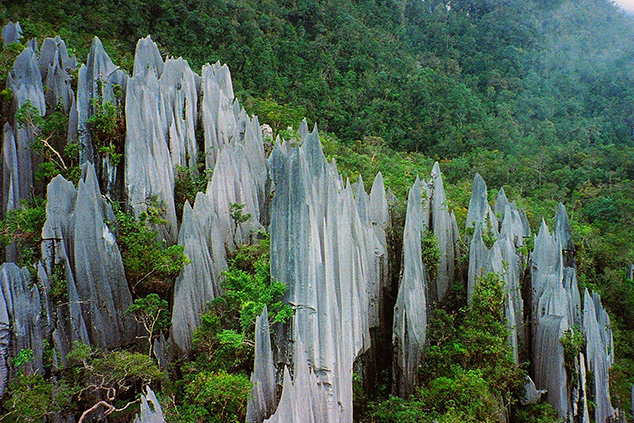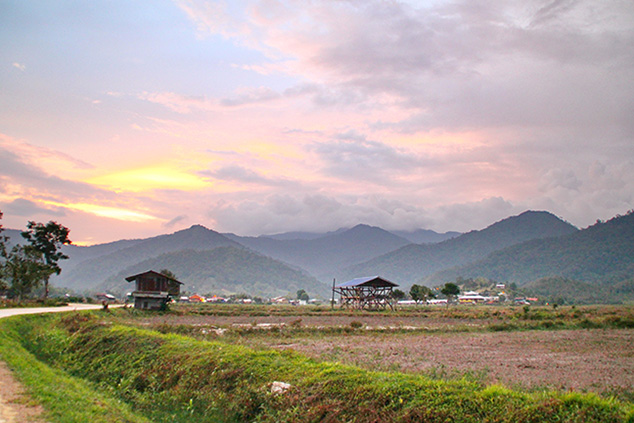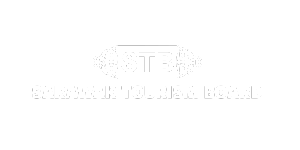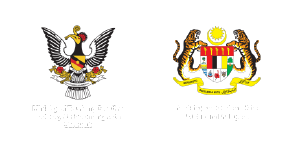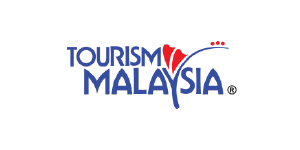MIRI, SARAWAK’S SECOND LARGEST CITY
Miri is the gateway to Sarawak’s fascinating northeast region, located close to the Brunei border. In recent years Miri has become an important tourism gateway as the jumping-off point for some of Sarawak’s world famous National Parks, including Niah Caves, Gunung Mulu and Lambir Hills, as well as the remote Bario Highlands, with its community of Kelabit villages lying at an altitude of 1000m above sea level and a place of beauty and serenity.
Miri’s population of 300,000 reflects Sarawak’s diverse ethnic make-up. Chinese, Ibans, Malays, Melanaus, Bisayas, orang Ulus (mostly Kayan, Kenyah, Kelabit and Lun Bawang), Bidayuhs, Indians and Eurasians all make their home here, along with West Malaysians and a sizeable expatriate community.
A rapidly expanding business and commercial centre and the home of Sarawak’s oil industry, Miri is fast becoming an important tourism destination in its own right, with an excellent range of hotels to suit every budget, a wide selection of seafood restaurants, bustling native markets and a newly developed Marina Bay area.
For more information visit www.sarawaktourism.com
Getting to Miri
Electric voltage is 220-240 (50 cycles).
The type of power plugs used is the three-square pin variety. Major hotels will be able to supply adapters. There is electricity in all towns and national parks.
Sarawak is comparatively free from the more dangerous tropical diseases. Travelers do not need malaria prophylactics unless they intend to travel into the far interior near the Indonesian border.
Miri is the medical service center for Northern Sarawak. It has a general hospital, a polyclinic, two private hospitals and 30 private medical and dental clinics. A Dialysis Center is run by the Miri Red Crescent Society. Outside Miri, there are government clinics or hospitals in even the most remote locations. Hotels have doctors on call in case of emergencies.
Miri has a comprehensive domestic and international telecommunications system, allowing direct phone calls to all parts of the world.
The international dialing code for Malaysia is 60; to call Miri from overseas dial 6085 followed by the number. To call overseas from Miri, dial 00, followed by the country code, area code and number.

